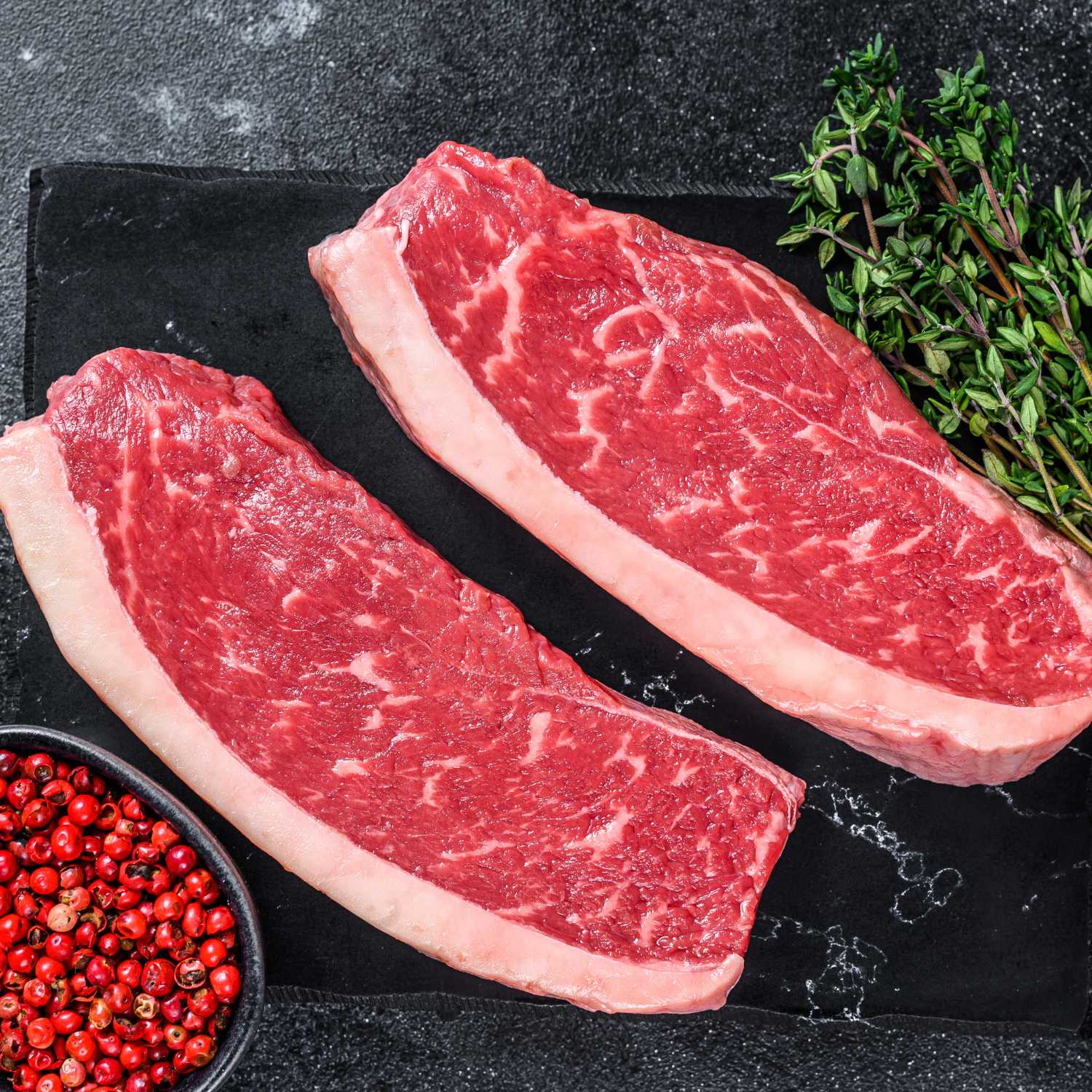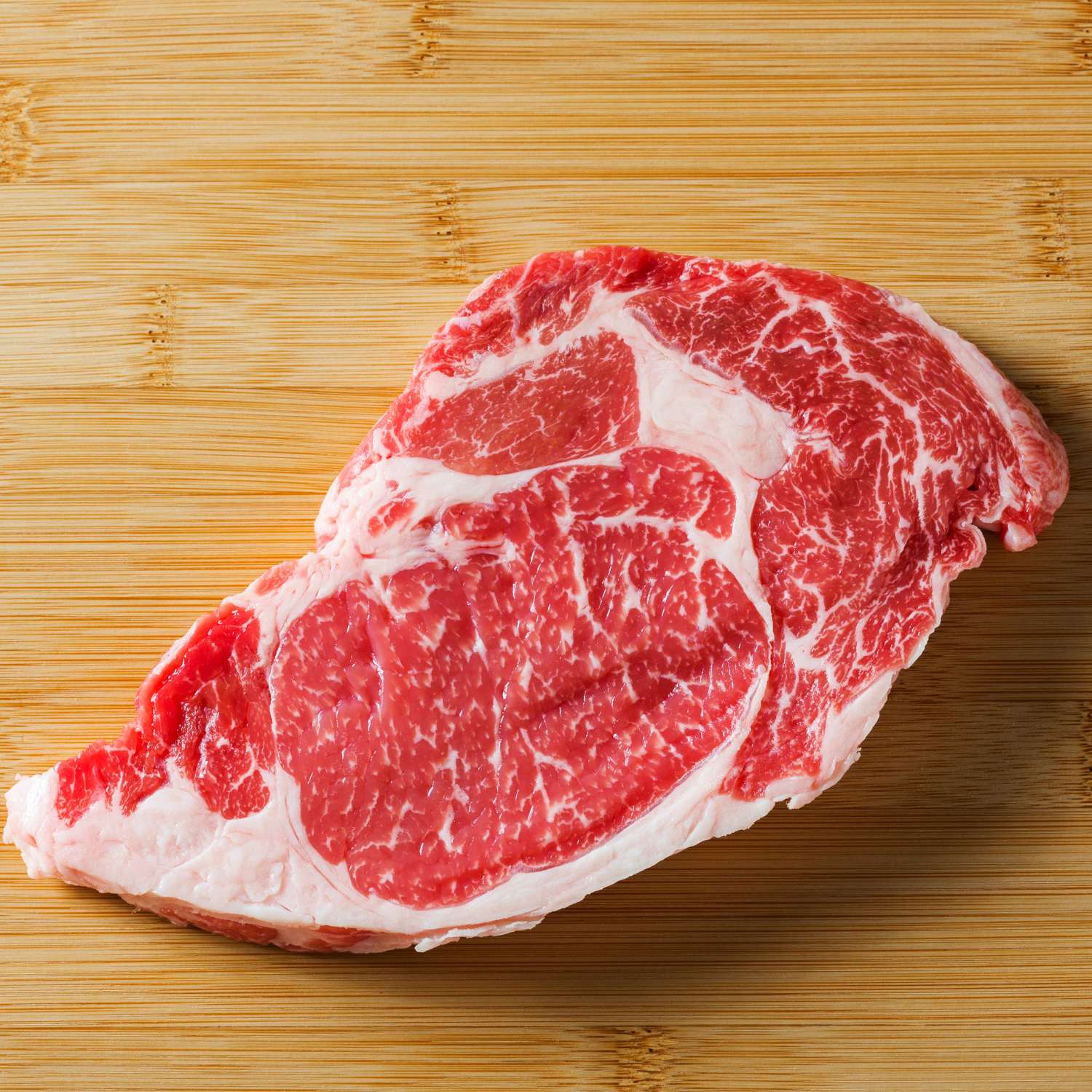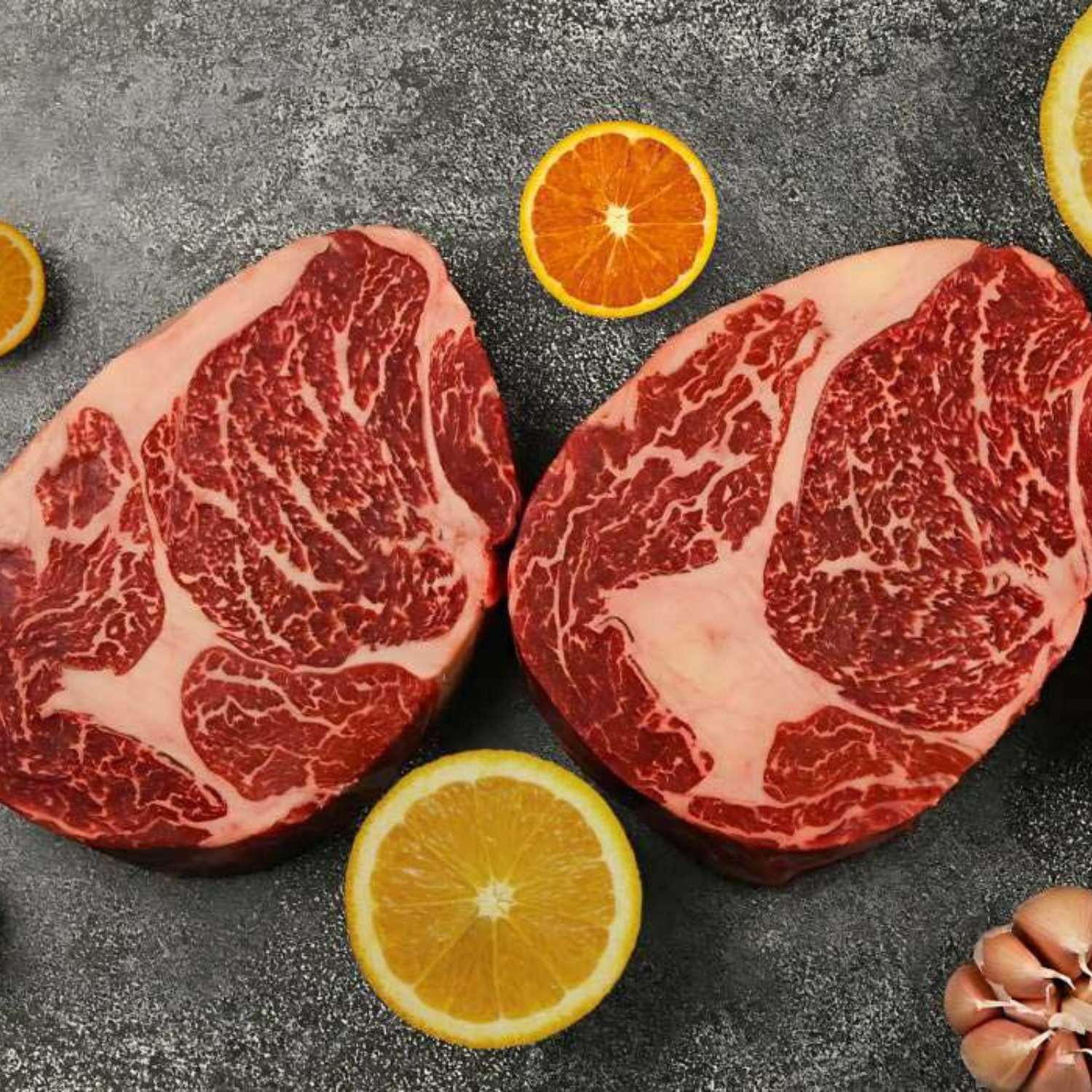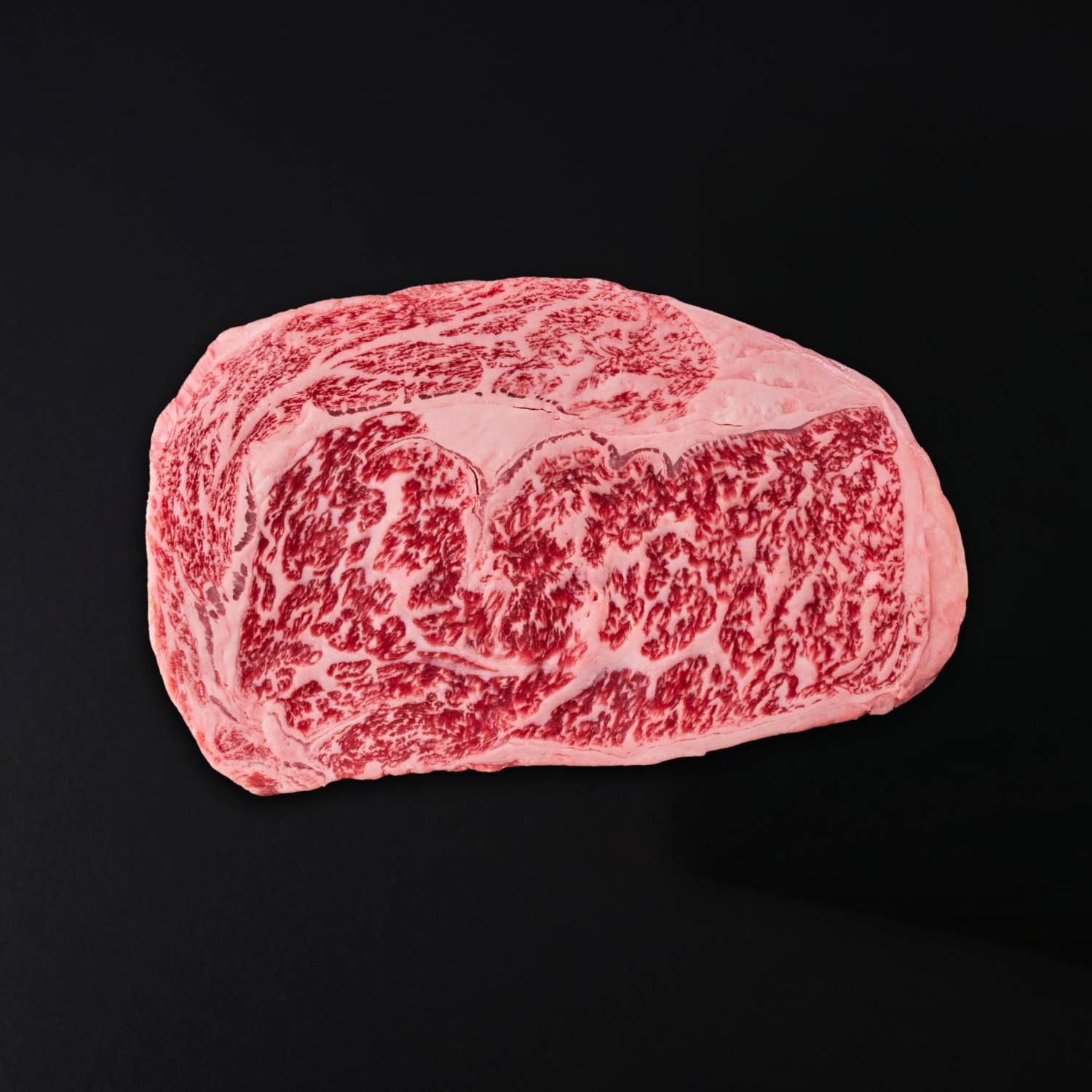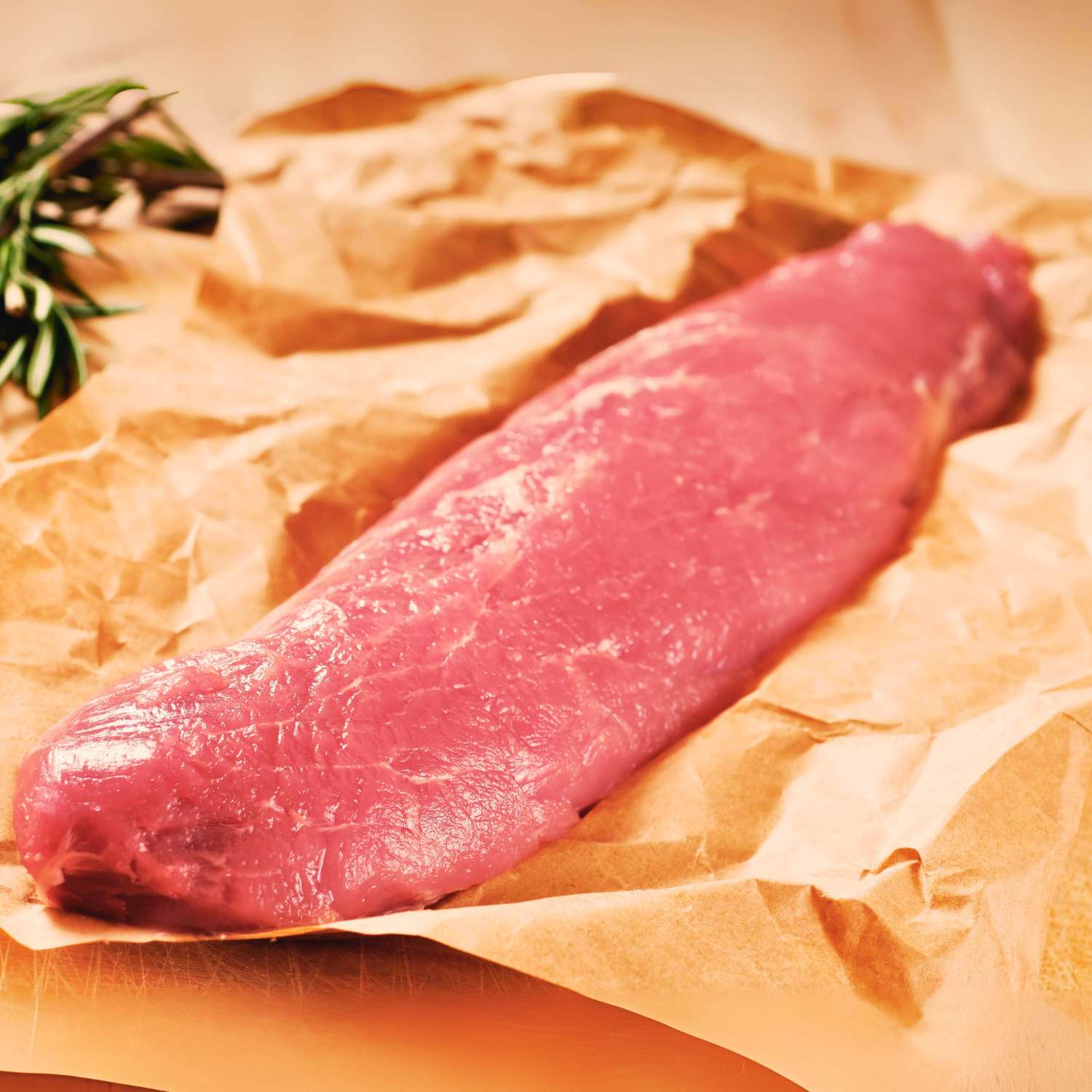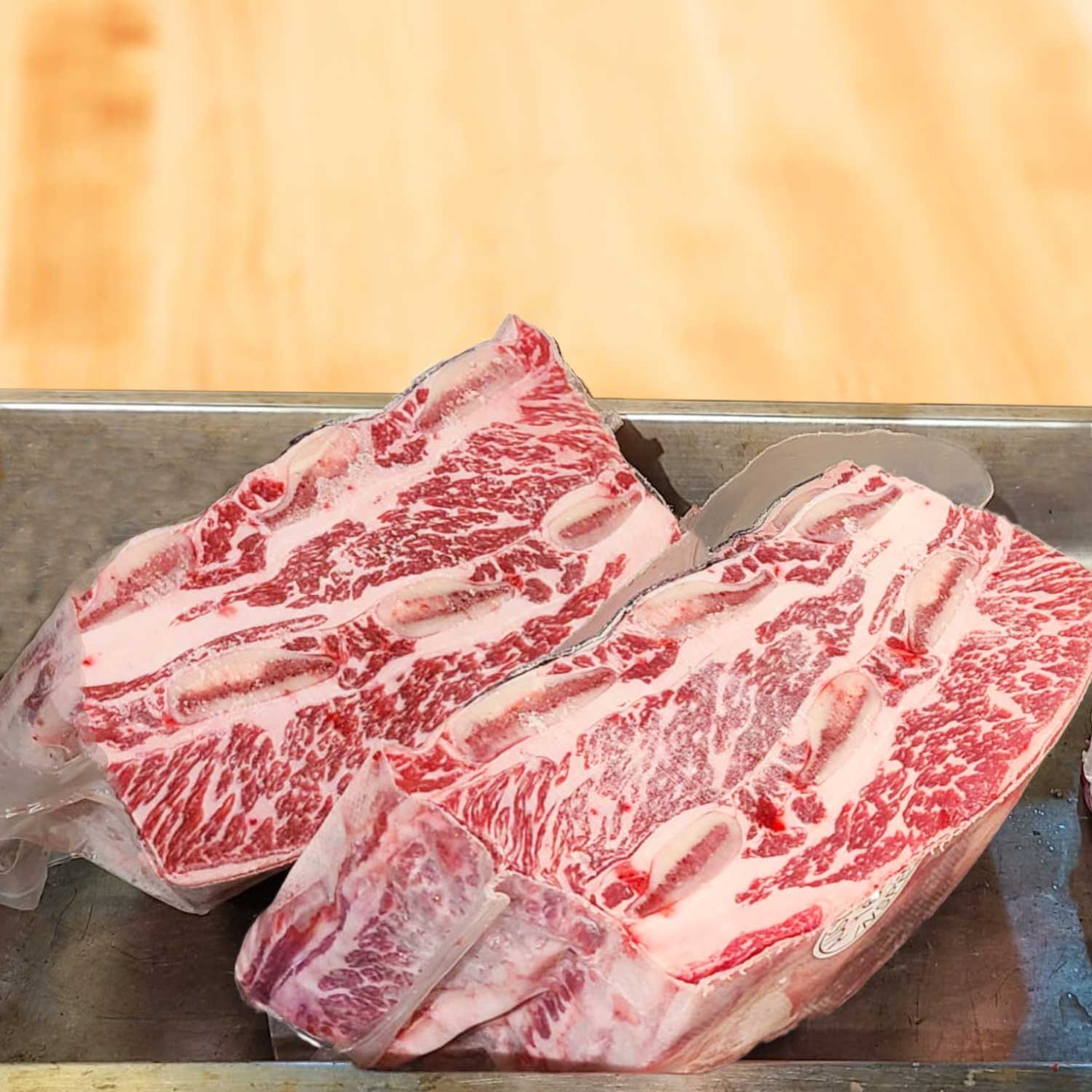Understanding the Meat Industry's Impact on the Environment
A Brief History of Meat Consumption and Industry Growth
The rise of the meat industry is a story of demand and innovation. It began with simple farming and has grown into a global powerhouse. In the past, meat was a luxury. Now, it's part of daily life for many in Hong Kong and China. This growth has come at a cost to the environment. As we look back, we see how changes in diets have led to massive industry expansion. This growth tells us why sustainability is now critical. To secure our future, we must understand the past of this industry.

Key Environmental Concerns in the Meat Industry
The meat industry affects our planet deeply. Here are main issues:
- Farm animals release lots of greenhouse gases. This warms our Earth.
- Huge amounts of water are used to raise livestock. It often leads to water shortages.
- Farmlands for animals and feed lead to forests being cut down. This is bad for nature.
- Waste from farms can pollute rivers and soils.
- Too much fishing harms sea life balance.
These problems make us think hard about how we make and eat meat.
How Meat Production and Consumption Drive Sustainability Challenges
The meat industry faces many sustainability issues. These include land use, water consumption, and greenhouse gas emissions. To produce meat, large areas of forest are often cleared. This destroys habitats and releases carbon. Raising livestock uses vast amounts of water. It also adds to water pollution. Livestock farms emit methane, a potent greenhouse gas. The need for feed crops can also lead to overuse of fertilizers and pesticides. These harm ecosystems and the food chain. Both meat production and consumption patterns must change. This change is crucial for a sustainable future.
Innovative Sustainability Strategies in the Meat Industry
Adopting Eco-Friendly Farming Practices
In Hong Kong and China, the meat industry is turning to eco-friendly farming. They aim to reduce waste and pollution. Strategies include rotational grazing and organic feed. These practices support soil health and lower emissions. They also protect local water sources. As a result, farms can produce meat with a smaller carbon footprint. The public responds well to these green efforts. Eco-friendly farms become more common in the region. They lead the way in sustainable meat production.
The Role of Technology and Data in Sustainable Meat Production
In the quest to make meat production more sustainable, technology plays a crucial role. Producers use data analysis to enhance feed efficiency. This reduces waste and lowers greenhouse gases. Smart farming tools monitor animal health. This leads to less use of antibiotics. Precision agriculture is key. It helps in managing resources better and improves land use. In China, tech startups are innovating in this space. They create systems for better waste management and energy use. Such tech advances are essential. They make the meat industry greener for future generations.
Hong Kong and China: Pioneering Sustainable Meat Initiatives
Hong Kong and China are making strides in sustainable meat initiatives. They lead in eco-innovations for farming. These places champion alternative protein sources. They aim to meet both demand and sustainability goals. Efforts include policy reforms and industry guidelines. There is a focus on educating both producers and consumers. Technology's role is vital for tracking and improving practices. They strive for a balance in tradition and sustainable growth. Their actions can guide global meat industry changes.
The Consumer's Perspective on Sustainability
Shifting Trends in Meat Consumption
Trends in meat consumption are changing rapidly. In Hong Kong and China, health and environmental concerns are driving a shift. Younger generations, especially, prefer sustainable options. Plant-based meats and 'clean meat' have gained popularity. Fast-food chains have started to include these alternatives on their menus. This shift has major implications for the meat industry. It must adapt to stay relevant in a market that values sustainability. Such changes reflect a deeper awareness of the impact of traditional meat consumption.
The Influence of Eco-Consciousness on Meat Purchasing Decisions
The rise of eco-consciousness among consumers is reshaping the meat industry. Informed buyers are now seeking transparency and sustainability in their meat purchases. This scrutiny has led to a higher demand for organic, free-range, and locally sourced products. Labels such as 'grass-fed' and 'antibiotic-free' have become influential in purchase decisions. Hong Kong and China's markets are responding by adapting their offerings. Companies that embrace sustainable practices are gaining a competitive edge. Eco-labeling and certification are becoming key factors in the customer's decision-making process.
How Hong Kong and China Can Address Consumer Sustainability Concerns
In Hong Kong and China, addressing consumer sustainability concerns is vital for the meat industry. Authorities can foster this by enhancing public awareness about the benefits of sustainable meat products. Educational campaigns can promote understanding of how consumers' choices impact the environment. Furthermore, introducing clearer labeling on meat packaging can help. Labels that indicate eco-friendly production can guide shoppers towards more sustainable options. Additionally, the government could incentivize businesses that adopt greener practices. This would encourage industry shifts towards sustainability. Supporting local, sustainable meat producers is another avenue. This ensures fresh, low-impact options are available to consumers. Lastly, integrating sustainability into the national dietary guidelines can steer public consumption patterns. By taking these steps, Hong Kong and China can align consumer habits with environmental stewardship.

